About 3.96 million babies were born in the United States in 2018, according to the CDC. Why baby’s teeth coming in wrong order? This article will answer this question and other most important questions you have about the health of your baby’s teeth, and beyond.
Intro About Baby Teeth
Baby teeth, also known as deciduous teeth, are the first set of teeth that a child gets.
Baby teeth help children learn to chew and pronounce words.
Baby teeth eventually fall out and are replaced by permanent teeth.
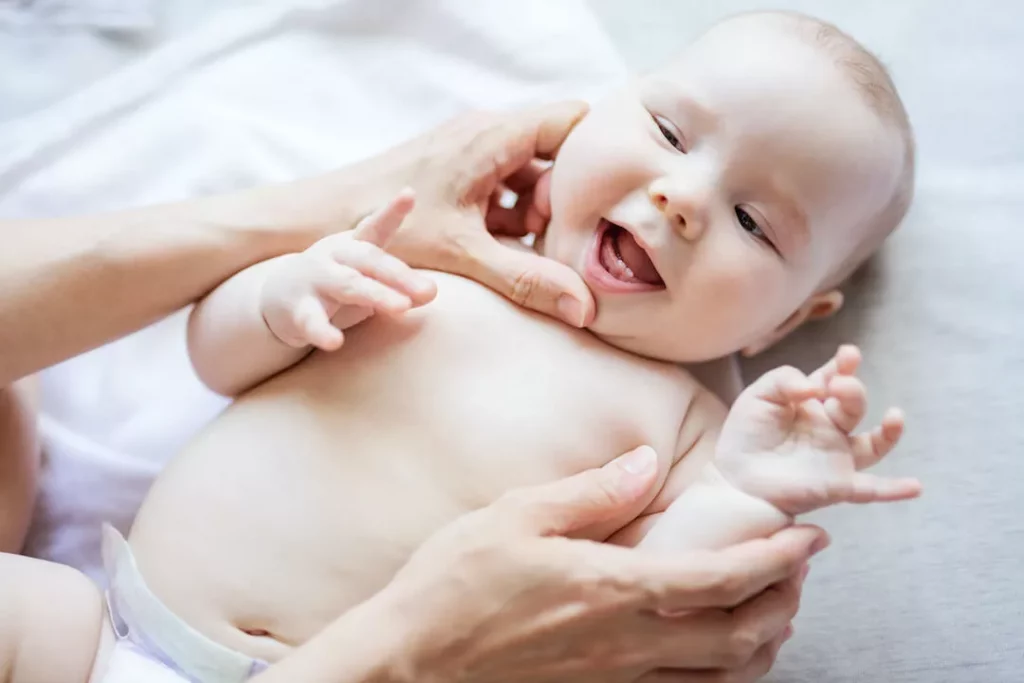
What is Teething
Teething is the process of a baby’s first teeth breaking through the gums. It can be a painful experience for both the baby and the parents because the gums can be irritated and inflamed.
When Baby’s Teeth Start Erupting
The average baby gets their first tooth around 6 months old, but some babies may get their first tooth as early as 3 months old or as late as 12 months old. All baby teeth should be in by the time a child is 3 years old.
Which Baby’s Teeth Erupt First
The two bottom front teeth, also known as the central incisors, are usually the first to come in. The rest of the baby teeth will follow in no particular order.
Why Baby Teeth Are Important
Baby teeth are important for many reasons. They help children learn how to chew and speak properly. Baby teeth also hold space in the jaw for permanent teeth. If a baby tooth is lost too early, the permanent teeth may come in crooked.
Why Baby Teeth Grow Slow
The primary reason baby teeth grow slow is because they need to be replaced. Baby teeth are only meant to last until the permanent teeth come in, which is why they are not as strong as permanent teeth. Baby teeth also have a thinner layer of enamel, which makes them more susceptible to decay.
Are Baby Teeth Hollow
Yes, baby teeth are hollow. Baby teeth have smaller pulp chambers and narrower root canals than permanent teeth. Baby teeth also have less enamel, which makes them more susceptible to decay.
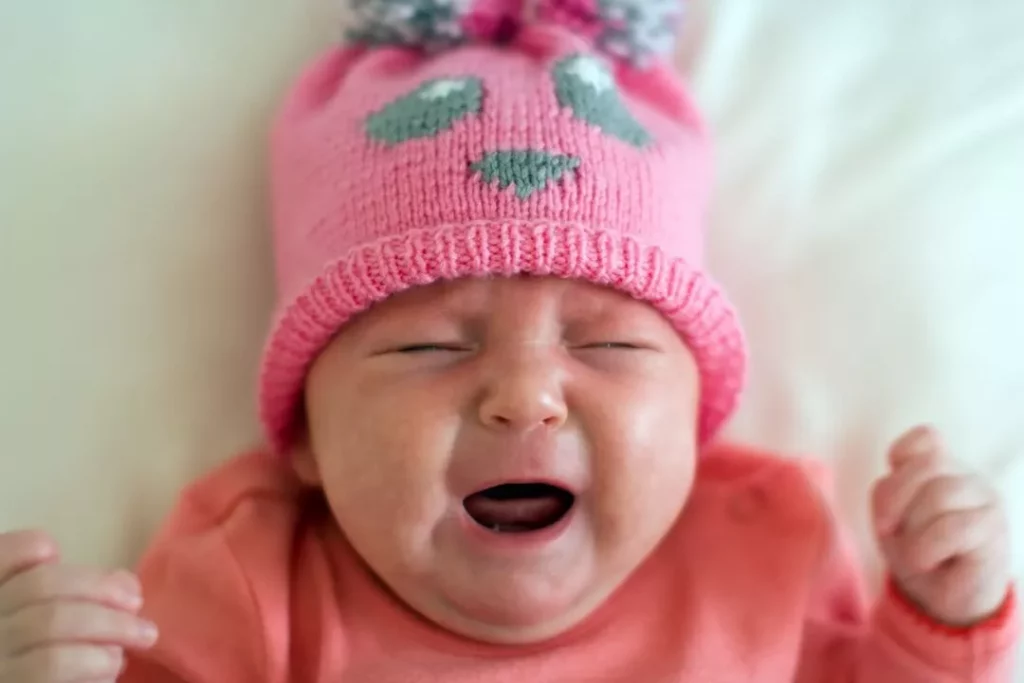
What Stimulates and Delays the Growth of Baby’s Teeth
There are a few things that can stimulate or delay the growth of baby teeth, such as:
1. Genetics
Baby teeth can come in earlier or later depending on when the parents got their teeth.
2. Environmental Factors
Baby teeth can be affected by things like exposure to fluoride, smoking, and certain medications.
3. Baby’s Health
Certain health conditions, such as Down syndrome, can cause baby teeth to come in later than usual.
Why Baby’s Teeth Coming in Wrong Order
In some cases, baby teeth may come out of order because of an underlying health condition, such as:
1. Cleft Lip or Palate
Cleft lip and cleft palate are birth defects that can cause baby teeth to come in out of order.
2. Baby’s Health
Certain health conditions, such as Down syndrome, can cause baby teeth to come in later than usual.
3. Baby’s Diet
A baby’s diet can also affect the order of their teeth. Baby teeth usually come in the order that they are needed for chewing. For example, if a baby is eating mostly soft foods, their back teeth may come in first.
So should I worry about why baby’s teeth coming in wrong Order?
No, this is usually nothing to worry about and the permanent teeth will eventually come in the correct order.
Signs and Symptoms of Bad Baby’s Teeth
There are a few signs and symptoms of bad baby teeth, such as:
- Yellow or Brown Teeth
- White Spots on Teeth
- Sensitive Teeth
- White Spots on Teeth
- Black Spots on Teeth
- Soft or Brittle Teeth
- Painful Teeth
- Swollen Gums
If you notice any of these signs or symptoms, you should speak to your dentist.
How to Take Care of Baby’s Teeth Health and Prevent Teeth Decay
There are a few things you can do to take care of the baby’s teeth healthy, such as:
1. Brush Baby’s Teeth
You should brush your baby’s teeth at least twice a day with a soft-bristled toothbrush.
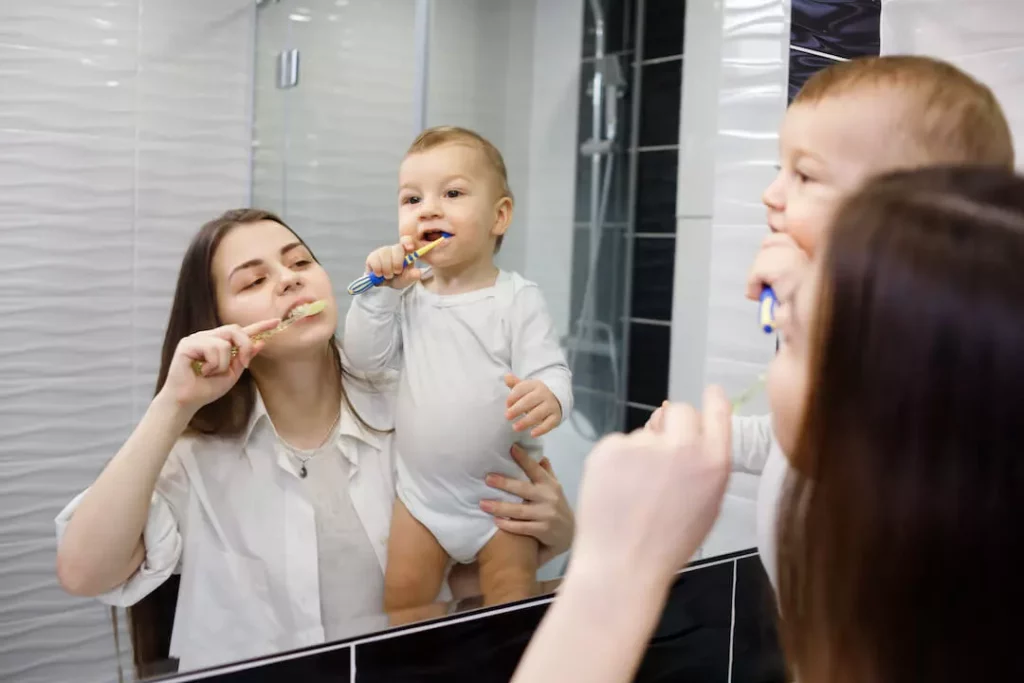
2. Floss Baby’s Teeth
You should floss your baby’s teeth at least once a day.
3. Eat a Healthy Diet
You should eat a healthy diet that is rich in fruits, vegetables, and whole grains.
4. Avoid Sweetened Drinks
You should avoid sweetened drinks, such as juice and soda.
5. Visit the Dentist Regularly
You should visit the dentist every six months for a checkup and cleaning.
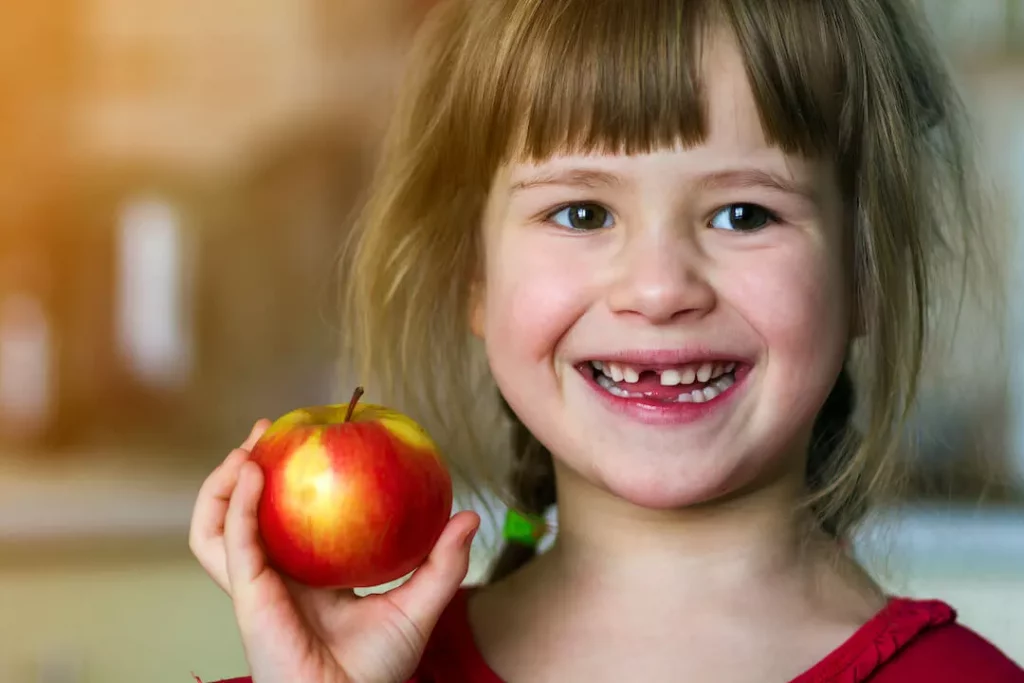
Which Foods and Drinks That Maintain The Health of Baby’s Teeth
There are a few foods and drinks that can help maintain the health of baby teeth, such as:
1. Water
Water is the best drink for baby teeth because it is fluoride-free.
2. Milk
Milk is good for baby teeth because it contains calcium and vitamin D.
3. Yogurt and Cheese
Yogurt and cheese are both great for the health of your baby’s teeth because it contains calcium and phosphorus.
5. Baby Food
Baby food is good for baby teeth because it is soft and easy to chew.
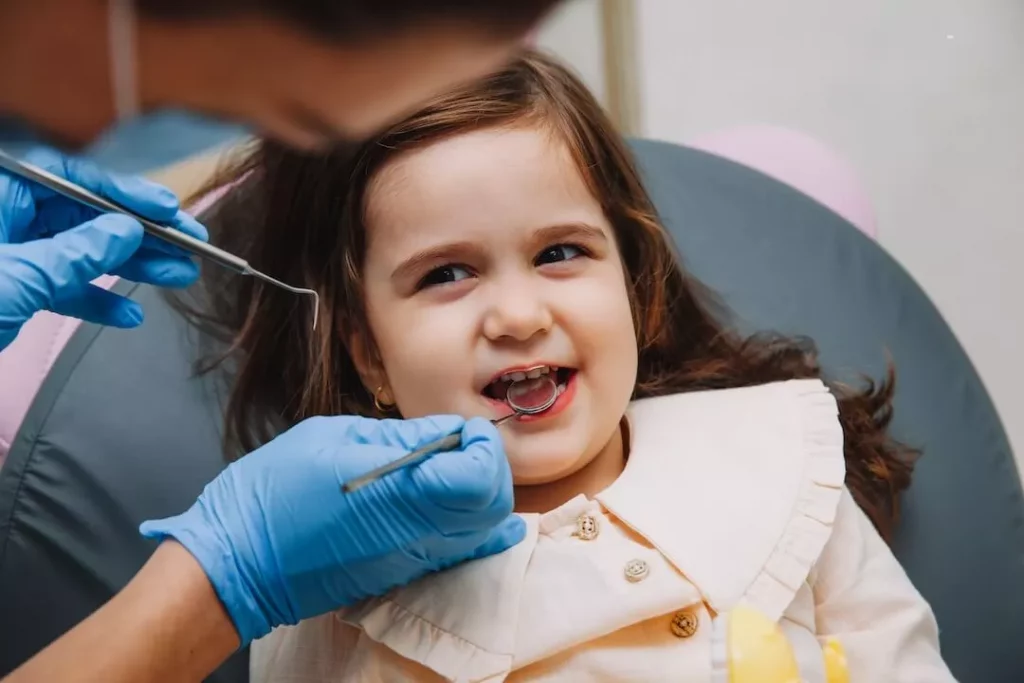
Which Baby Teeth Hurt The Most
The molars, which are the back teeth, can be the most painful for babies because they are larger than the other teeth. The baby will also have to learn how to chew with these teeth, which can be uncomfortable.
When Baby’s Teeth Completely Falls Out
All baby teeth should be gone by the time a child is 12 years old. The permanent teeth will then start to come in.
When Baby’s Teeth Falls Out Too Early
The most common reason for a baby tooth to fall out too early is because of decay. Baby teeth can also be knocked out if they are hit hard enough.
When Baby’s Teeth Falls Out Too Late
The most common reason for a baby tooth to fall out too late is because it is impacted. This means that the tooth is blocked from coming out by another tooth. Baby teeth can also be slow to fall out if they are healthy and strong.
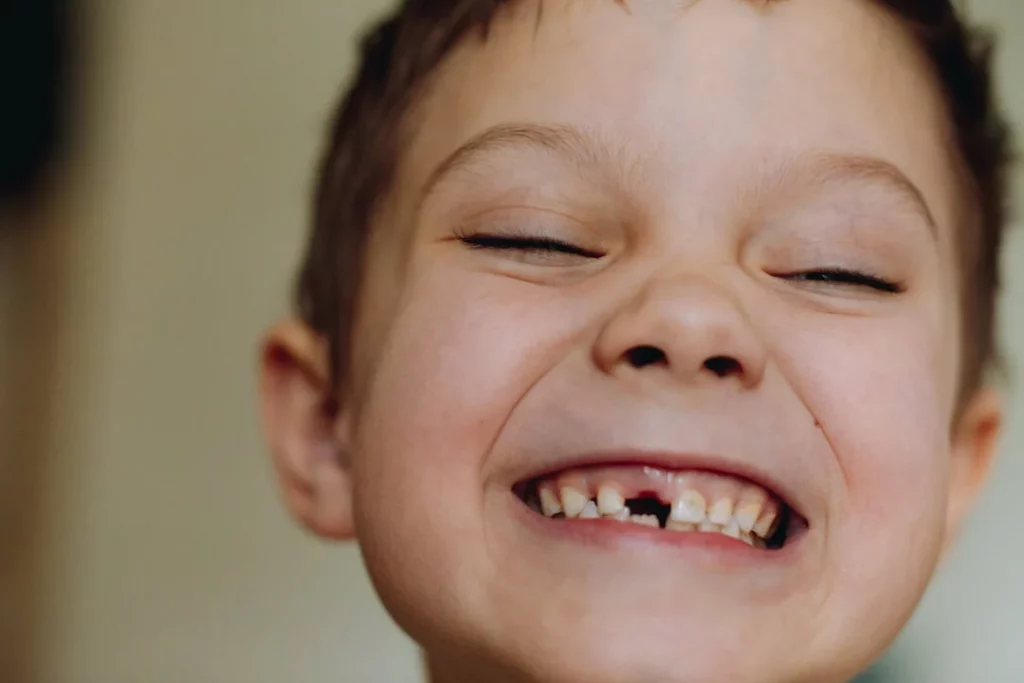
What Baby Teeth Your Are Supposed to Lose
1. First
Baby teeth usually start to come out in the order they came in. The front teeth, or the incisors, are usually the first to fall out.
2. Central
The central teeth, or the canines, are usually the next to fall out. These teeth are also called “eyeteeth” because they are located in the center of the mouth.
3. Lateral
The lateral teeth, or the premolars, are usually the next to fall out. These teeth are located on either side of the mouth.
4. Second Molar
The second molars, or the molars, are usually the last to fall out. These teeth are located in the back of the mouth and are used for chewing.
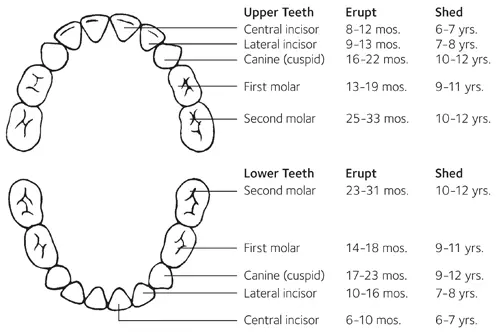
Conclusion
Baby teeth are important for many reasons. They help children learn to chew and pronounce words. Baby teeth also eventually fall out and are replaced by permanent teeth.
Teething can be a painful experience for both the baby and the parents because the gums can be irritated and inflamed.
If you notice any signs or symptoms of bad baby teeth, you should speak to your dentist.
There are a few things you can do to take care of your baby’s teeth healthy, such as brushing your baby’s teeth at least twice a day, flossing your baby’s teeth at least once a day, and eating a healthy diet.
You should also visit the dentist every six months for a checkup and cleaning. Baby teeth will eventually fall out and be replaced by permanent teeth.
We hope this article answered your question about why baby’s teeth coming in wrong order. If you enjoyed reading this story, check out Constipation Pregnancy Symptoms and For Breastfed Babies and Foods for Pregnant Women.
References: